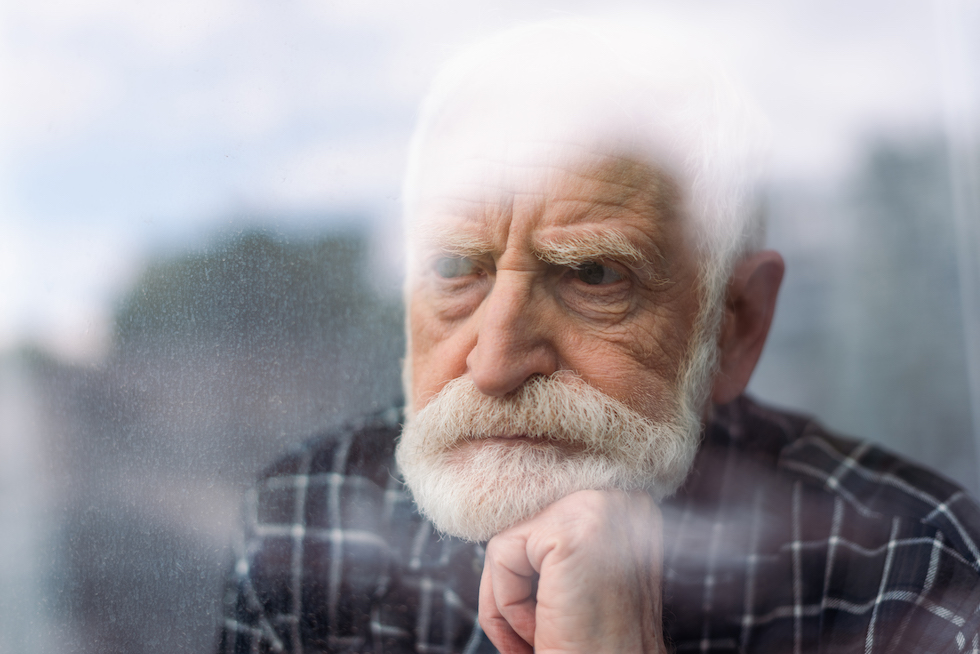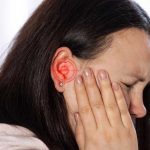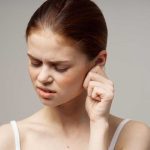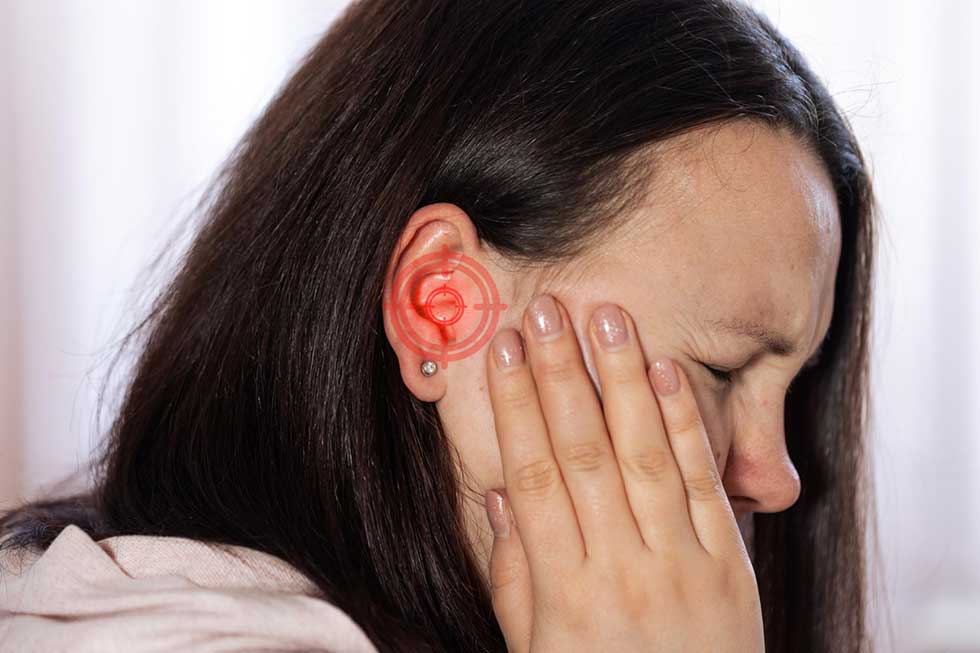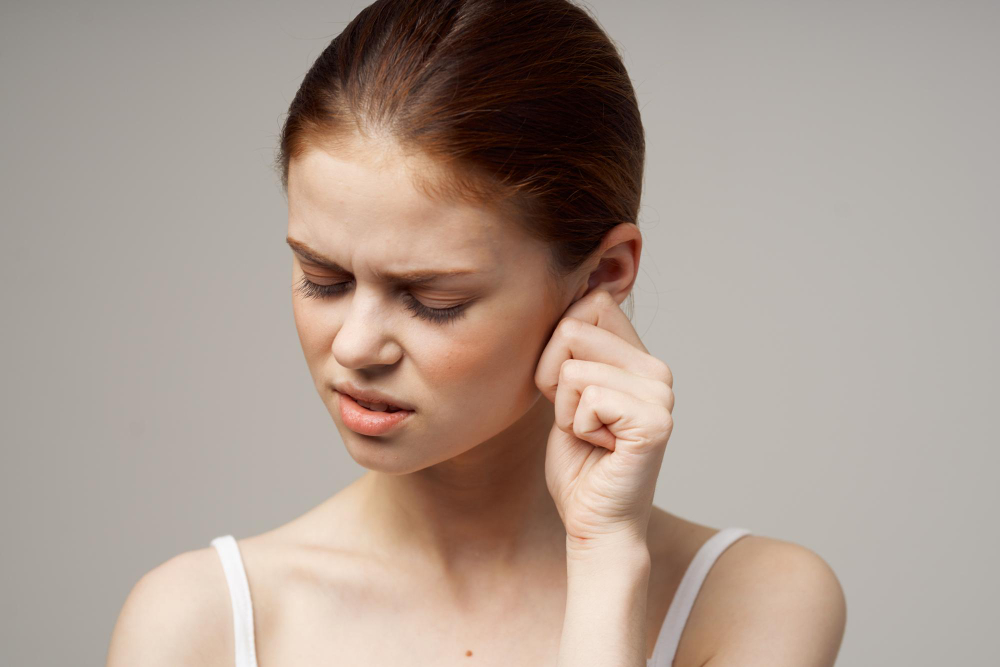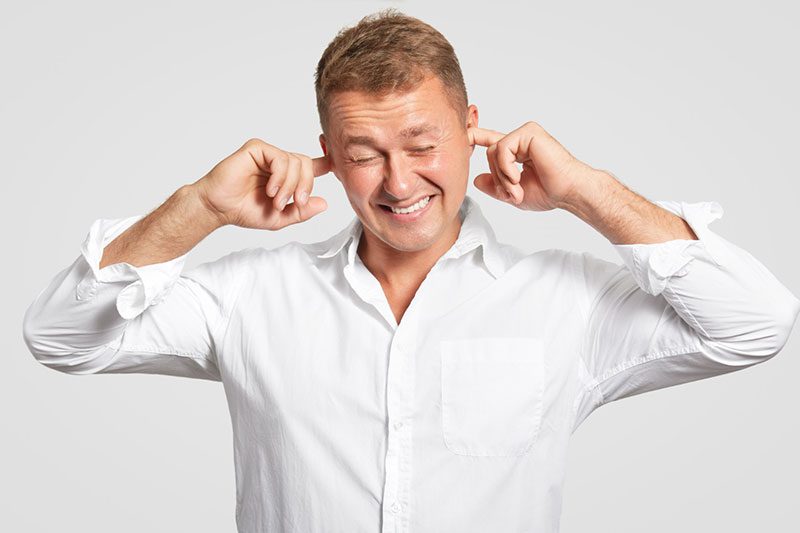H ακοή είναι ένα από τα πρώτα προειδοποιητικά συστήματα του οργανισμού και η ενόχληση από αναπάντεχους ή ασυνήθιστους ήχους μας φέρνει σε οριακή κατάσταση, έτοιμους να αντιδράσουμε σε πιθανό κίνδυνο.
Τέτοιου είδους ήχοι μπορεί να είναι όχι μόνο ενοχλητικοί αλλά και οργανικά βλαπτικοί, καθώς ο πολύ δυνατός θόρυβος μπορεί να προκαλέσει βλάβη στον κοχλία. Η παρατεταμένη υπερφόρτωση εξαντλεί τα έξω τριχωτά κύτταρα και καθιστά τον εσωτερικό κοχλιακό ενισχυτή ανεπαρκή. Η τραυματική βαρηκοΐα, μια προσωρινή απώλεια ακοής – δηλαδή μια αλλαγή του ακουστικού ουδού – μπορεί να αναπτυχθεί μέχρι τα εξωτερικά ακουστικά κύτταρα να ανακάμψουν με την ησυχία του νυκτερινού ύπνου. Το σύμπτωμα αυτό είναι συχνά το πρώτο που εμφανίζεται σε άτομα που εκτίθενται σε θόρυβο, παρά το γεγονός ότι δε μπορούν να εκτιμήσουν τη σημασία του.
Με τη συνεχή έκθεση στον ήχο αναπτύσσεται μια μόνιμη μετατόπιση του ουδού ακοής. Οι βασικοί παράγοντες για την εν λόγω πάθηση είναι δύο:
- Η συνολική έκθεση σε ήχο (συνδυασμός διάρκειας και έντασης)
- Η ατομική ευαισθησία του κάθε ανθρώπου
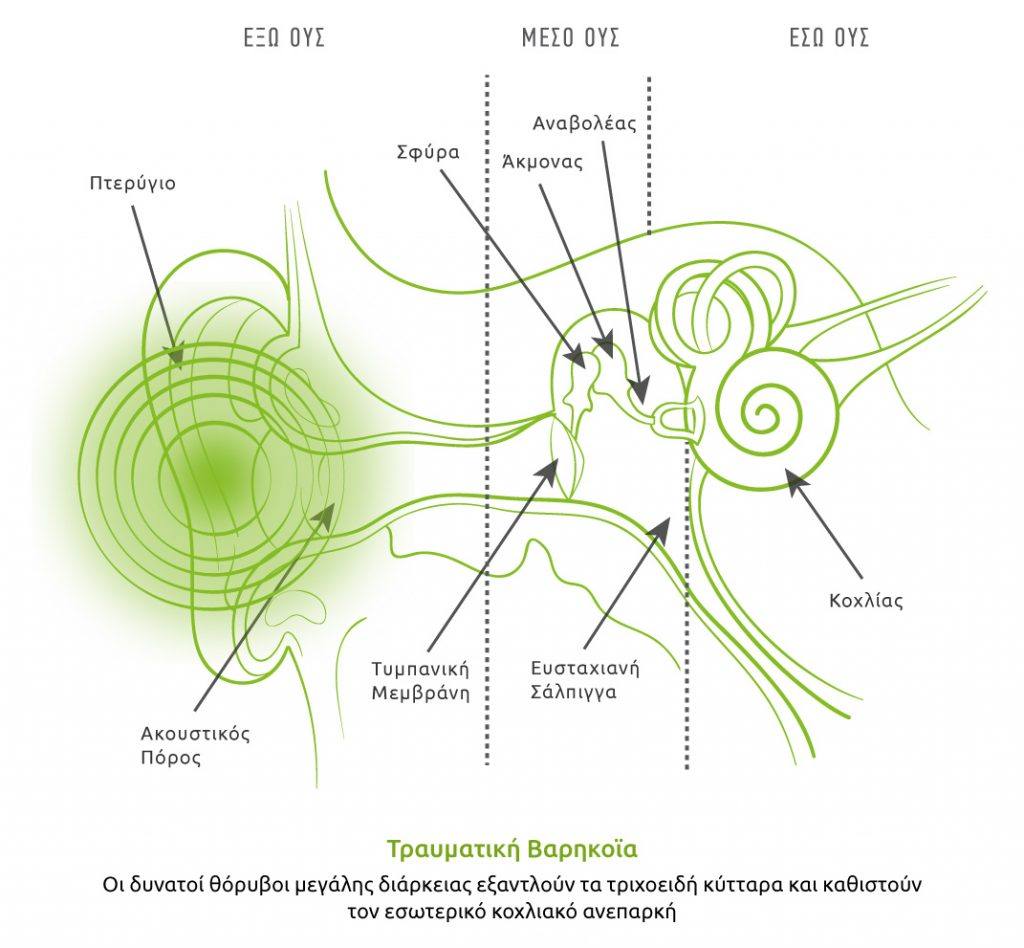
Η βλάβη της ακοής που οφείλεται στο θόρυβο υπάρχει εδώ και πολλά χρόνια, αλλά μόλις πρόσφατα η νομοθεσία ενισχύθηκε κατά τρόπο ώστε να προληφθεί αυτό το πρόβλημα. Κυρίαρχος τρόπος πρόληψης της τραυματικής βαρηκοΐας είναι η χρήση ειδικών ωτοασπίδων.

